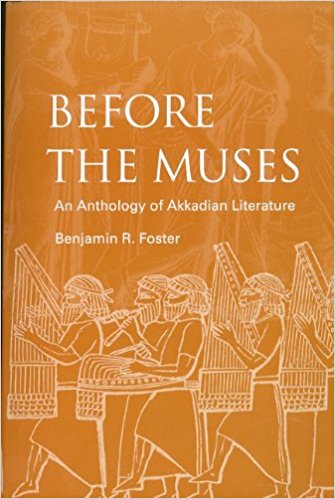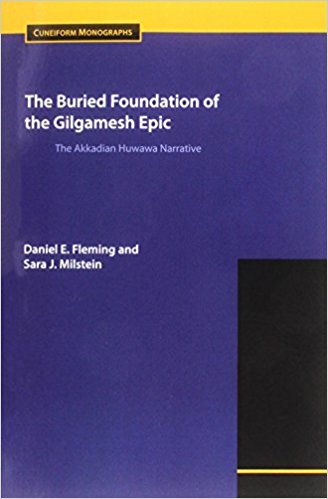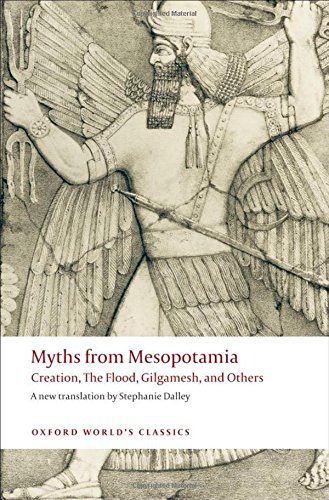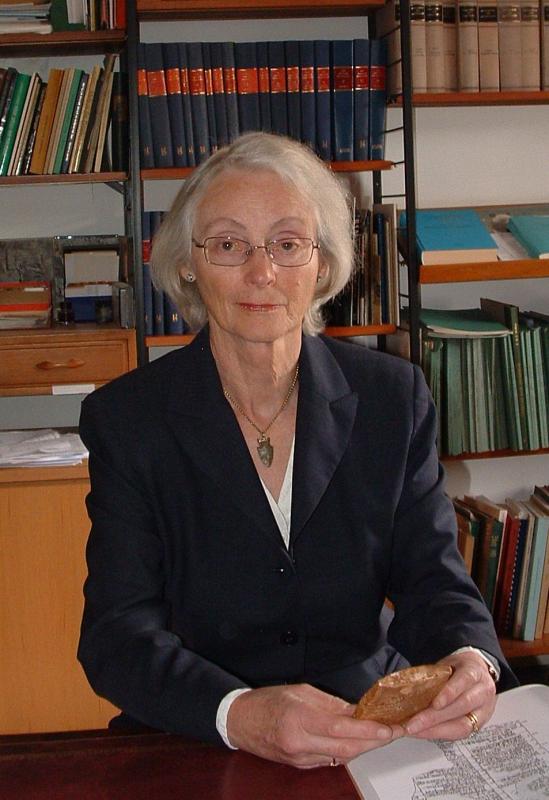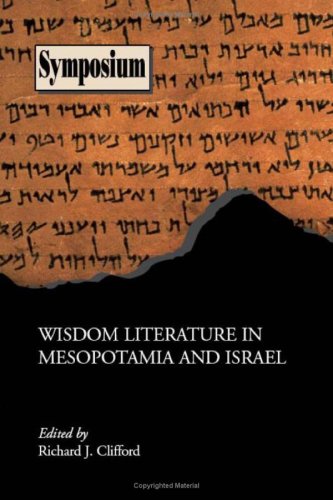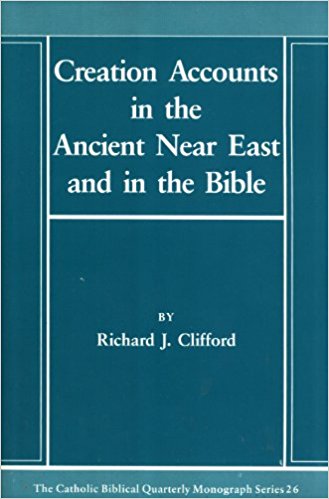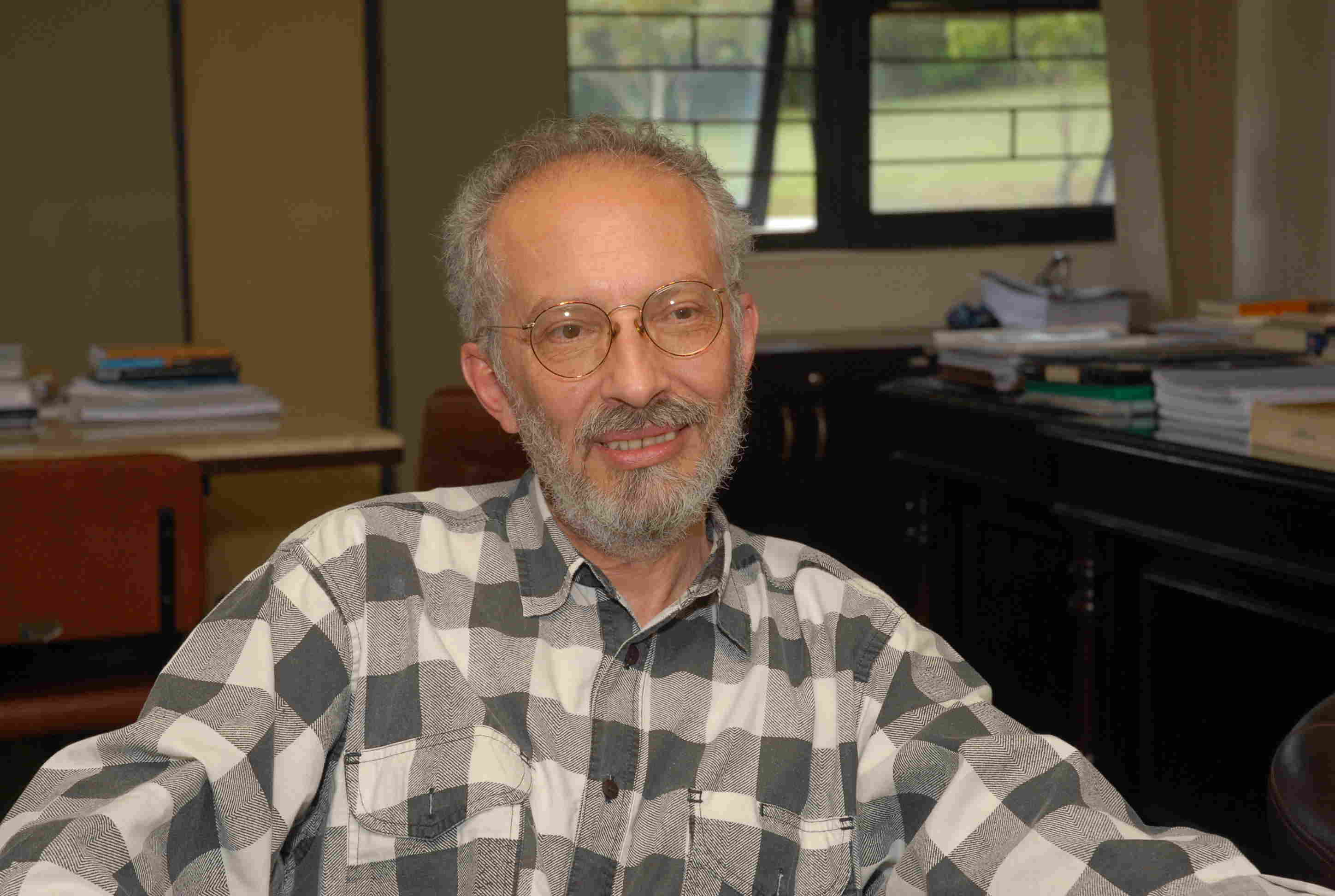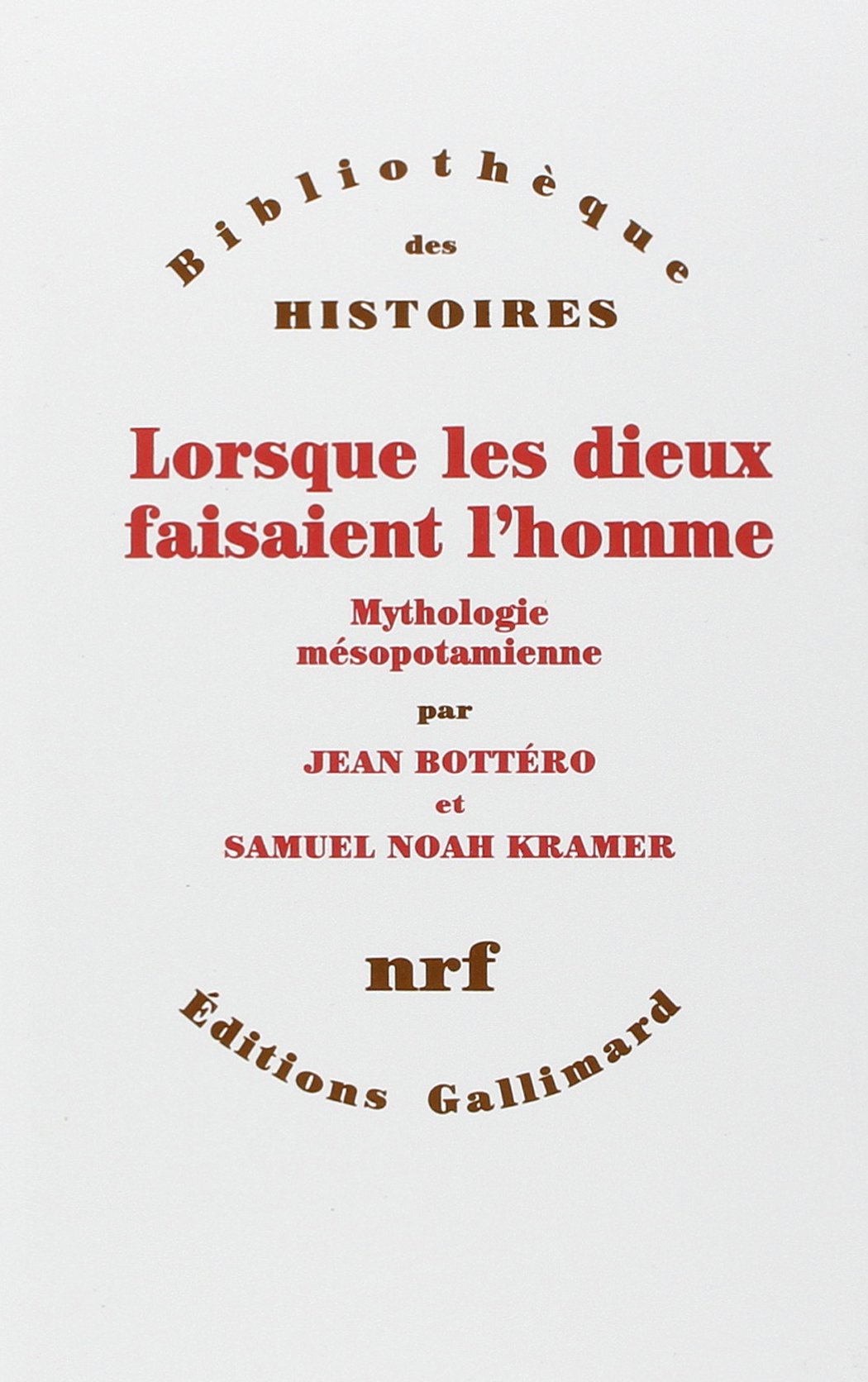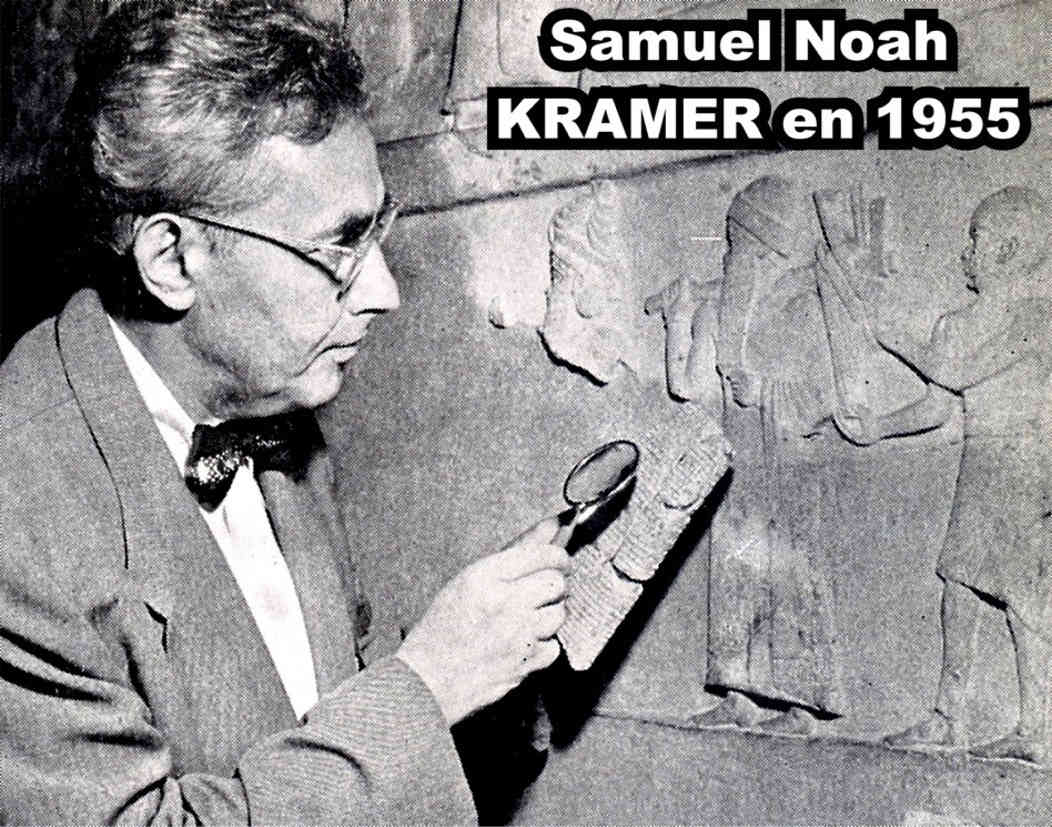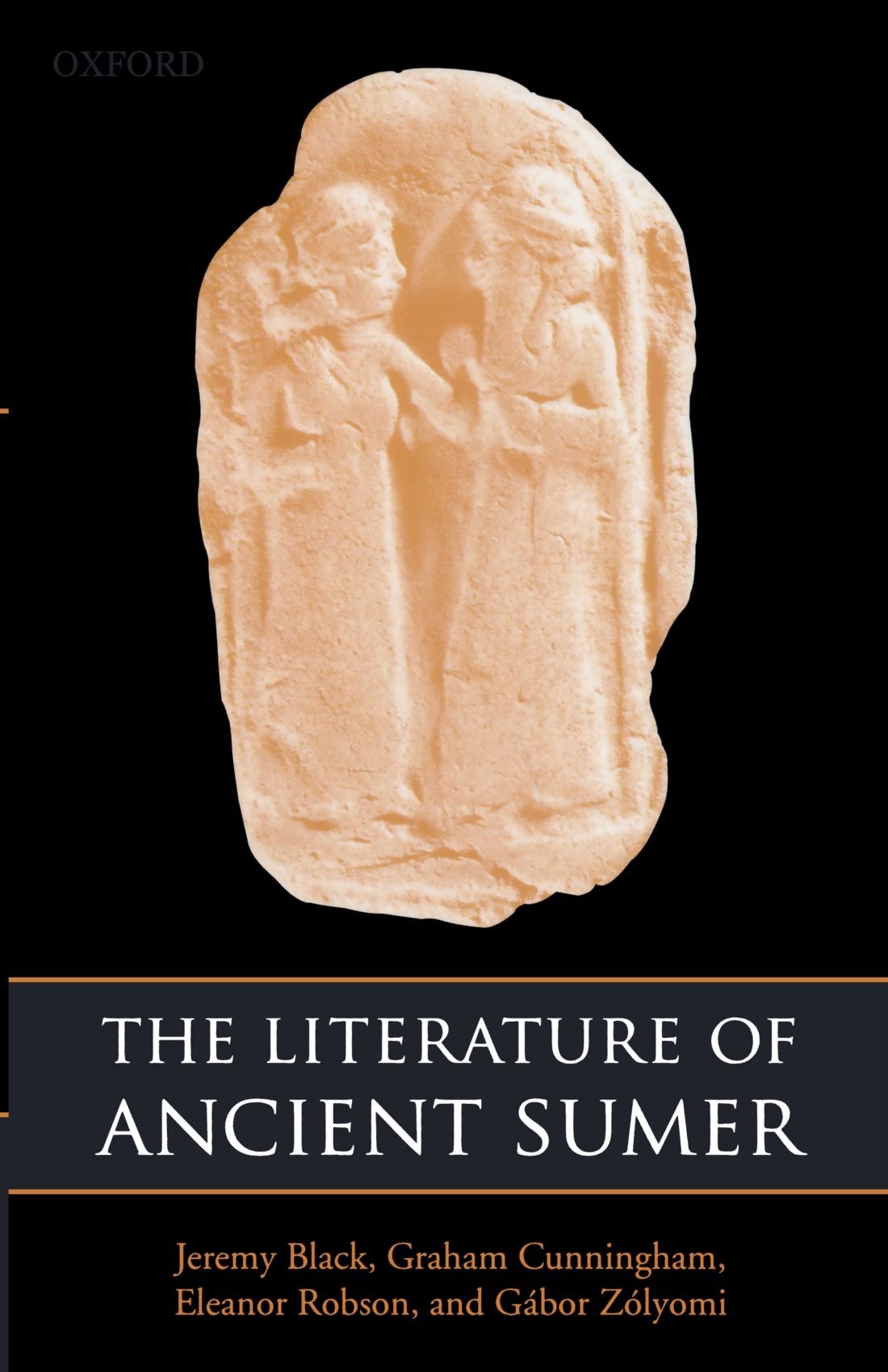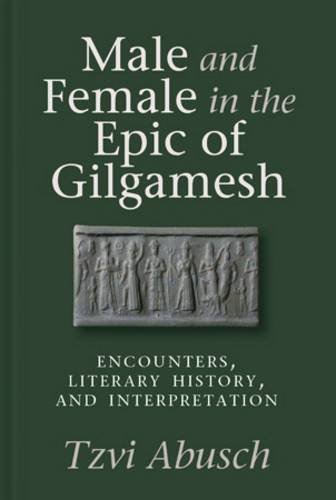FOSTER, B. R. Before the Muses: An Anthology of Akkadian Literature. 3. ed. Bethesda, Md.: CDL Press, 2005, XX + 1025 p. – ISBN 9781883053765.
Benjamin Foster’s Before the Muses: An Anthology of Akkadian Literature is already a standard among collections of translated texts from ancient Mesopotamia. The third edition of this work is an expansion and revision of the second edition, which has been out of print for some time. The new edition appears as a single-volume paperback instead of the two-volume, hardcover set of its predecessors. Generally speaking, this new edition follows the format of the previous editions. That is, the anthology still offers a general introduction to Akkadian literature, a specific introduction to each of the main time periods of Akkadian literature as delineated by Foster (Archaic, Classical, Mature, and Late), a brief introduction to major text groupings and each individual selection, and a translation of each text, which is followed by a cornucopia of information arranged under the rubrics “Text,” “Editions,” “Literature,” and “Notes to Texts.” As with previous editions, the translations are clear and accurate though not literary, the references to secondary literature are ample, and the introductions to individual texts remain useful for orienting readers in the unfamiliar and often difficult Mesopotamian materials (da resenha de Alan Lenzi, publicada pela RBL em 17/12/2005).
The translator has crammed into this collection at least a substantial sample of the most important literary genres of the ancient Assyrians and Babylonians. It includes mythic narratives, epics of heroes and historical kings, Wisdom texts, humorous stories, royal inscriptions, poetry, letters, and more; the harvest of over a century and a half of work in the field, and in museums and collections.
Benjamin R. Foster (born 1945) is Professor of Assyriology at Yale University, USA.
Leia Mais:
Histórias do Antigo Oriente Médio: uma bibliografia
